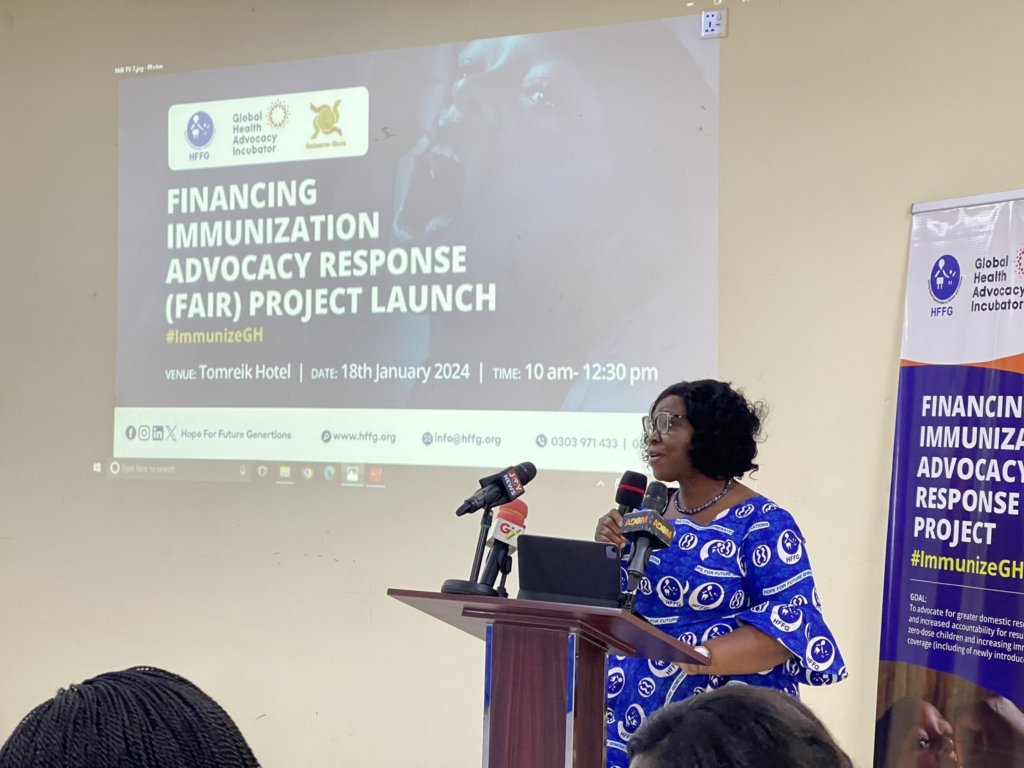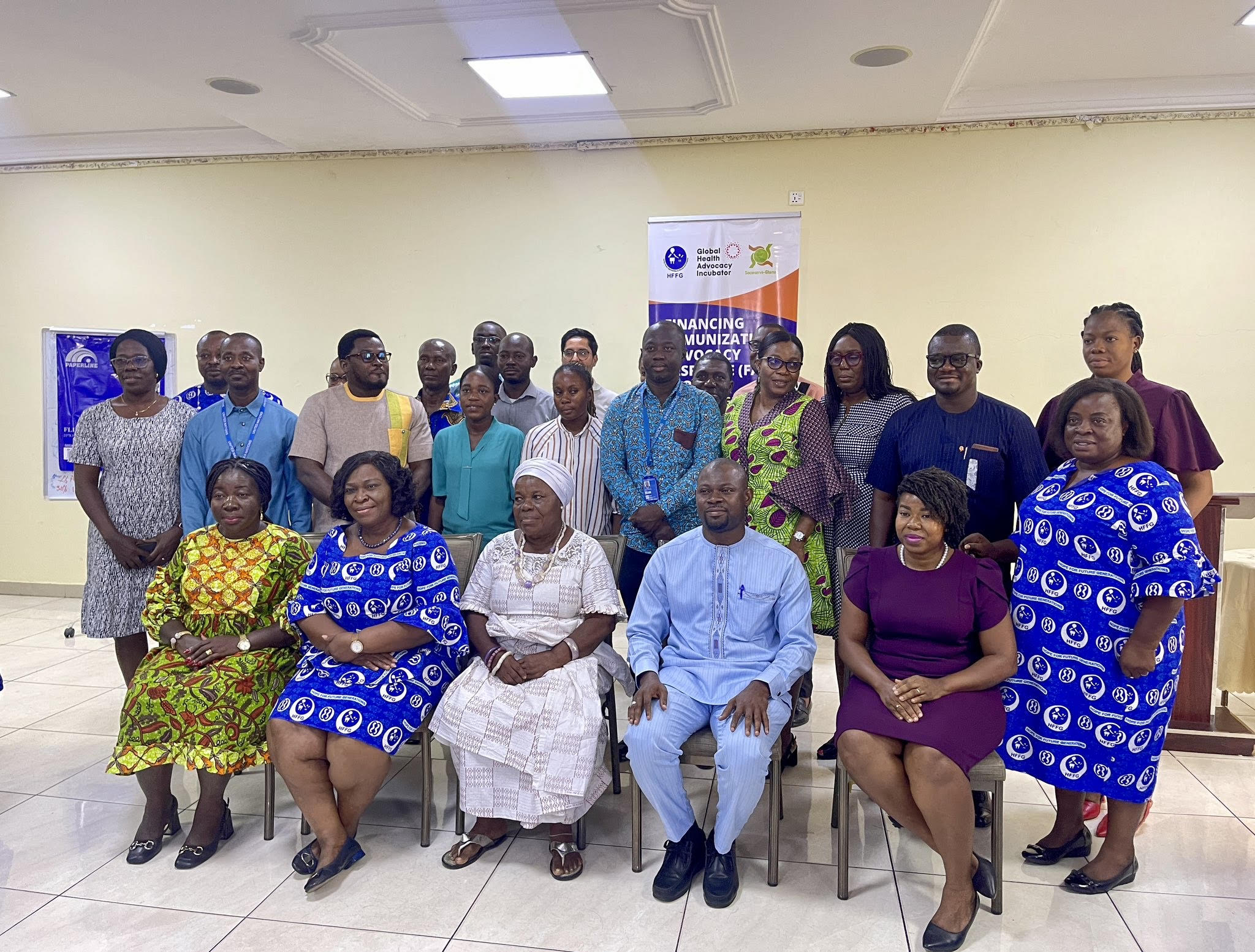Though Ghana’s immunization coverage of one-year-olds using the third dose of Pentavalent (Penta 3) as a proxy, exceeded international benchmarks to 99.4 % in 2021, this achievement has come at the back of Ghana’s dependence on GAVI alliance to provide vaccines.
The government’s inconsistency in honoring its annual obligation towards vaccine and logistics procurement is worrying and could erode gains made. Ghana defaulted in paying its co-financing to GAVI in 2014, 2016 and 2018. Challenges persist in honoring annual co-financing obligations in full. For instance, in 2023, Ghana has paid only 60% of the expected contribution to routine immunization expenditure. As the country is in Gavi’s accelerated transition phase, early release every year is recommended to ensure there is no stock out.
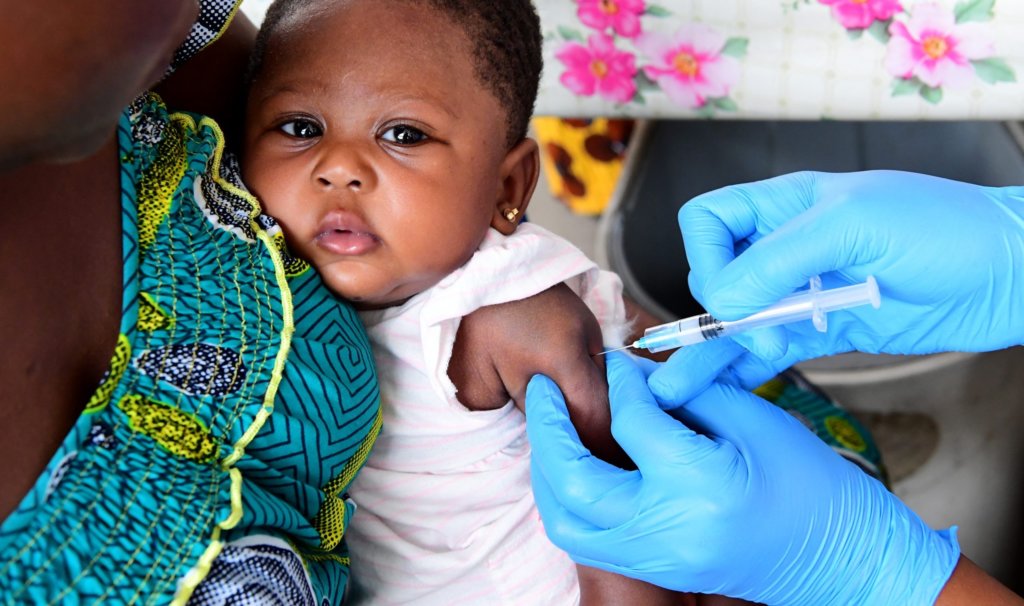
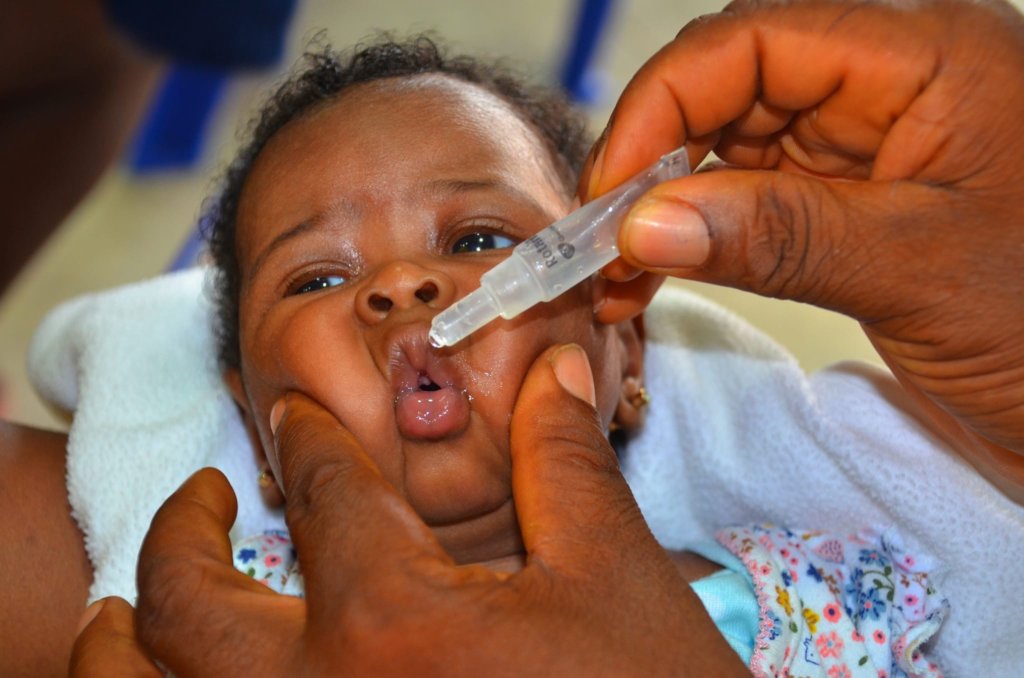
The Government is unable to allocate adequate and or release funds in full to the health sector each fiscal year resulting in logistical constraints such as old and/or no vaccine cold chains, transport challenges, unavailability of child health record booklets at service delivery points, and human resource to reach the remotest areas and the urban poor. The EPI noted that notwithstanding coverage, there exist inequities in vaccination coverage among districts, in particular, urban areas where uptake of services in the Second Year of Life (2YL) is low.
Also, as Ghana pushes for the roll-out of the malaria vaccine and the introduction of other new vaccines like the HPV, increased budget lines for immunization will be required to meet this goal. The government is yet to commit funds to procurement and introduction of the HPV vaccines in Ghana. Cervical Cancer ranks the second most frequent cancer among women in Ghana. Women aged 15 years and above are at risk of developing cervical cancer if nothing is done about it. Current estimate suggests that every year 2,797 women are diagnosed with cervical cancer and 1,699 die because of the disease (Human Papillomavirus and Related Cancers, Fact Sheet 2023). Sustained screening and treatment centers for pre-cancer at the district and sub-district level require adequate funding. Though the Malaria vaccine has been piloted and it is being scaled up the country needs to sustain this drive.
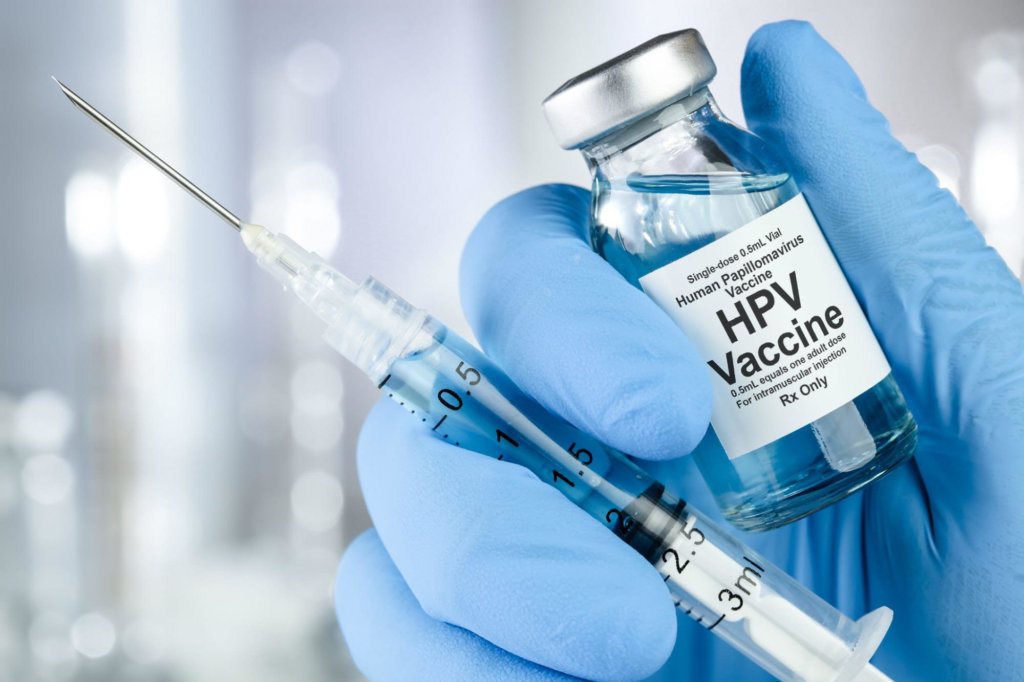
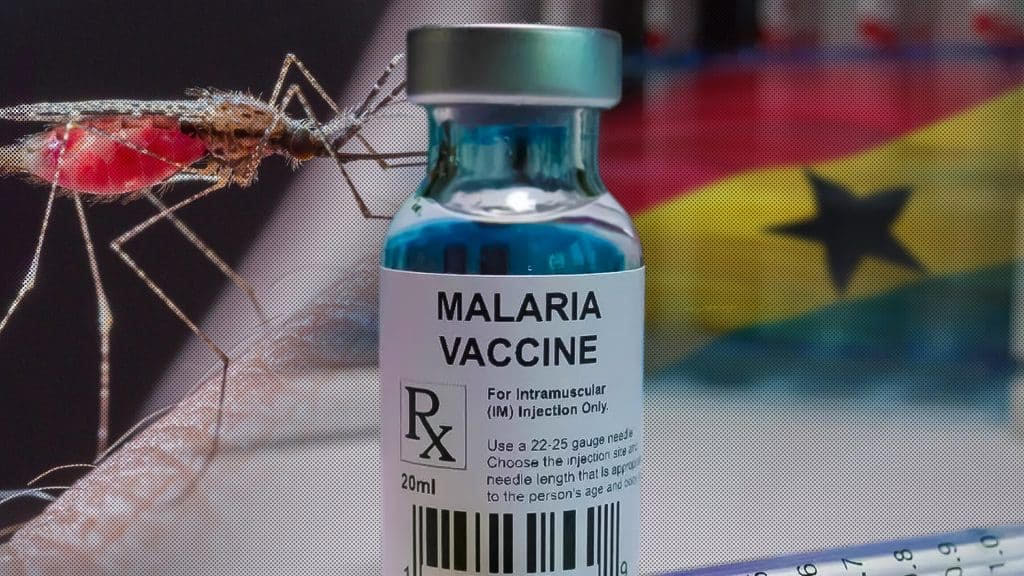
It is against this background that HFFG with funding from Global Health Advocacy Incubator is implementing the Financing Immunization Advocacy Response (FAIR) project to advocate for greater domestic resource mobilization and increased accountability for results in reaching zero-dose children and increasing immunization coverage (including of newly introduced vaccines).
The project was launched on the 18th of January 2024, bringing together key stakeholders like UNICEF, WHO, PATH, EPI, GHS, MOF and selected members of Parliament. Other key stakeholders who were in attendance were CSOs, international organizations, the media, traditional and religious leaders and individuals among others in the immunization space.
The project objectives are to:
- Increase domestic resource mobilization at national and/or subnational dedicated to PHC and immunization service delivery.
- Ensure timely payment of Gavi co-financing obligations.
- Ensure new Gavi-supported vaccines are introduced and the country is aware and willing to meet any related increased co-financing obligations.
Strategies
- Use evidence to engage key stakeholders such as the Minister of Finance, Minister of Health, and Parliamentary Select Committee on Health on immunization financing.
- Form alliances with Development Partners like WHO, UNICEF, PATH, etc. to intensify the voice championing messages and evidence.
- Engage traditional authorities, CSOs, and other influential community actors as champions to contribute towards advocacy on financing immunization.
- Sustained media advocacy on the project.
Project Reach
This project is a national-level advocacy with a few activities at the sub-national level in the Volta, Eastern, and Bono regions.
